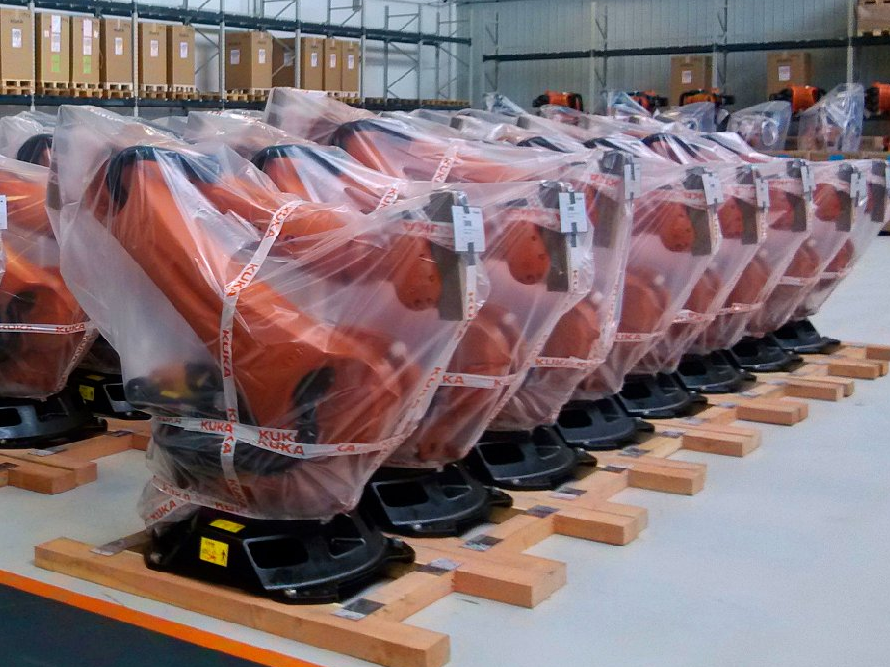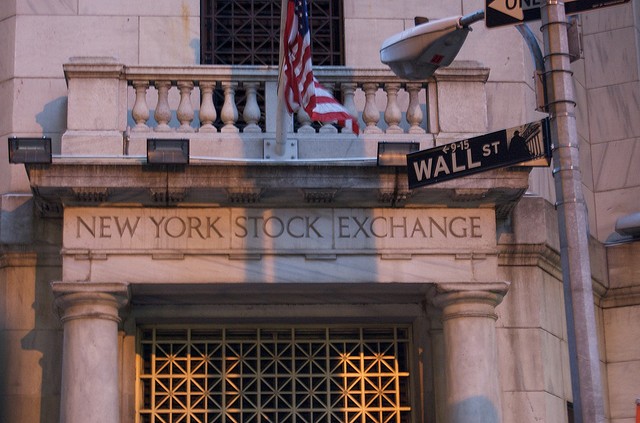How highly paid Wall Street guys could be a threat to your retirement money
Post on: 25 Апрель, 2015 No Comment

Rasheen Carbin, a Washington DC-based entrepreneur, invested his retirement money in mutual funds for 16 years, safe in the knowledge that well-paid fund managers were making smart decisions about where to invest.
A few weeks ago, he examined his year-end statement and decided: never again.
Carbin is jumping ship from mutual funds and moving all his money to an index fund which passively tracks the market by behaving exactly as the S&P 500 stock index does. Without any expensive fund manager lifting a finger, the S&P rolled along to an 11.4% return in 2014.
That’s better than 80% of mutual funds managed to deliver even with their highly paid fund managers, according to Morningstar data.
“It was a terrible year for active managers in 2014,” said John Rekenthaler, director of research at Morningstar.
It was terrible enough that Carbin is never going back.
“I’m switching to investing exclusively in index funds. The vast majority of active managers can’t beat the market. I see no reason to go on paying high fees for underperformance,” Carbin said.
This abandonment of mutual funds is a war of attrition that has been waged against Wall Street by disillusioned investors. In the $15tn US mutual fund industry, there are two major kinds of funds where you can park your money. Mutual funds are often actively managed by a portfolio manager who makes stock picks. Then there are index funds, or so-called passive investments, which mirror the components of a market index – like the S&P 500.
And investors have noticed that those two kinds of funds were not created equal.
In 2014, money poured into passive index funds totaled $131bn, while investors pulled $90bn out of actively managed mutual funds, according to Morningstar data.
That trend has been the case for the past eight years, according to the Investment Company Institute.
Morningstar’s Rekenthaler predicts that we are only five years away from when most of the money invested in the stock market goes into index funds. Active mutual fund managers will be in the minority, he says.
“Sentiment is strong against active managers,” Rekenthaler points out. “They overpromise.”
At the heart of the issue is the persistent American belief that we deserve better. The stock market is the Lake Wobegon of US ambitions.
“Everyone wants to be above average,” said Todd Rosenbluth, director of ETF and mutual fund research at S&P Capital IQ.
What’s wrong with that?
“I’ve read over and over again that three-fourths of managers can’t beat the market, but I always thought, ‘I can pick a good stock manager.’ After awhile, I realized they were flat-out underperforming. I compared performance to the S&P 500 and it was worse, or sometimes significantly worse,” Carbin said.
Carbin shifted his money to Vanguard index funds, split up between an S&P 500 index fund, a bond fund and a broad international fund. “It’s simpler. I sleep better at night,” Carbin said.
When deciding whether to invest in mutual funds or an index fund, there are a few issues to consider, experts say.
The first is cost. The fees for an investment can be significant over time. In many cases, they can add up to one-third of your returns.
“Active versus passive is not the central issue. It’s high cost or low cost. You want to own a cheap, low-cost fund,” said Rekenthaler.
He defines low-cost fees as .40% per year of annual expenses or less.
Many actively managed mutual funds charge an annual expense of around 1% or higher. That compares to a 0.17% fee for Vanguard Total Stock Market Index Fund, which is the largest index fund holding $380bn in assets.
Choosing where and how to invest may also come down to a question of time. How much time does an investor want to spend learning about a mutual funds strategy and the manager’s historical performance?
“For someone who doesn’t want to be involved, 100% index makes complete sense. For someone willing to stay on top of things, they can swing more toward active management,” said Charles Rotblut, vice president of the American Association of Individual Investors.
Some investors are wedded to the idea of active management and believe they can pick the 20% of managers that can outperform. (Carbin used to be one of those investors.) If you choose that path, make time to do your homework.
Investors who believe in active management and are willing to pay a higher expense fee should look for cheap funds, where the managers have been in place for a long time and they have consistently outperformed, said Capital IQ’s Todd Rosenbluth.

Investors choosing active managers need to monitor performance at least on a yearly basis.
“A manager could be good for awhile. But then perhaps his fund gets too big, he loses his touch or he shifts his strategy,” said Rotblut.
Another question to ask: What is the strategy behind the active manager’s approach? Does it make sense?
“If you don’t have time to understand the management strategy, the safest and best thing to do is go with an index fund,” said Jerry Verseput, president of Veripax Financial Management.
Investors can mix it up and incorporate both types of investments in their retirement accounts.
“There is an argument for doing both. Passive gives you the lowest cost, and no matter what happens, the investor knows he will get the return of the market. But there are some active managers that do outperform,” said Rotblut.
Who were the winners in 2014? The best-performing index fund was the Shelton Nasdaq 100 Index Direct, with a 18.9% return in 2014, according to Morningstar Inc.
The Glenmede Large Cap Growth fund boasted a 20% return in 2014, and was the best-performing mutual fund in its category, according to Lipper. Top holdings and best performers in the Glenmede Large Cap Growth fund included Facebook, Allergan, supermarket chain Kroger and Alaska Air.
How did Glenmede outperform?
“The fund has significantly more exposure to the technology sector than the S&P 500 and significantly less exposure to financial [companies],” said Rosenbluth.
Also, he noted that the fund only had 83 stocks in its portfolio, versus 500 stocks in the S&P 500.
“We make a lot of small bets that allow us in the aggregate to have a good batting average,” said Vladimir de Vassal, the Glenmede Large Cap Growth fund portfolio manager.
However, it is hard for active managers to outperform an index and to do so on a consistent basis, the experts say.
“There is nothing wrong with being average and knowing you will consistently track the broader market with passive funds. If you do want to go active, do your homework. Don’t just buy blindly,” concluded Rosenbluth.














